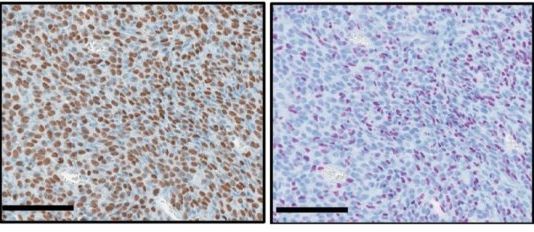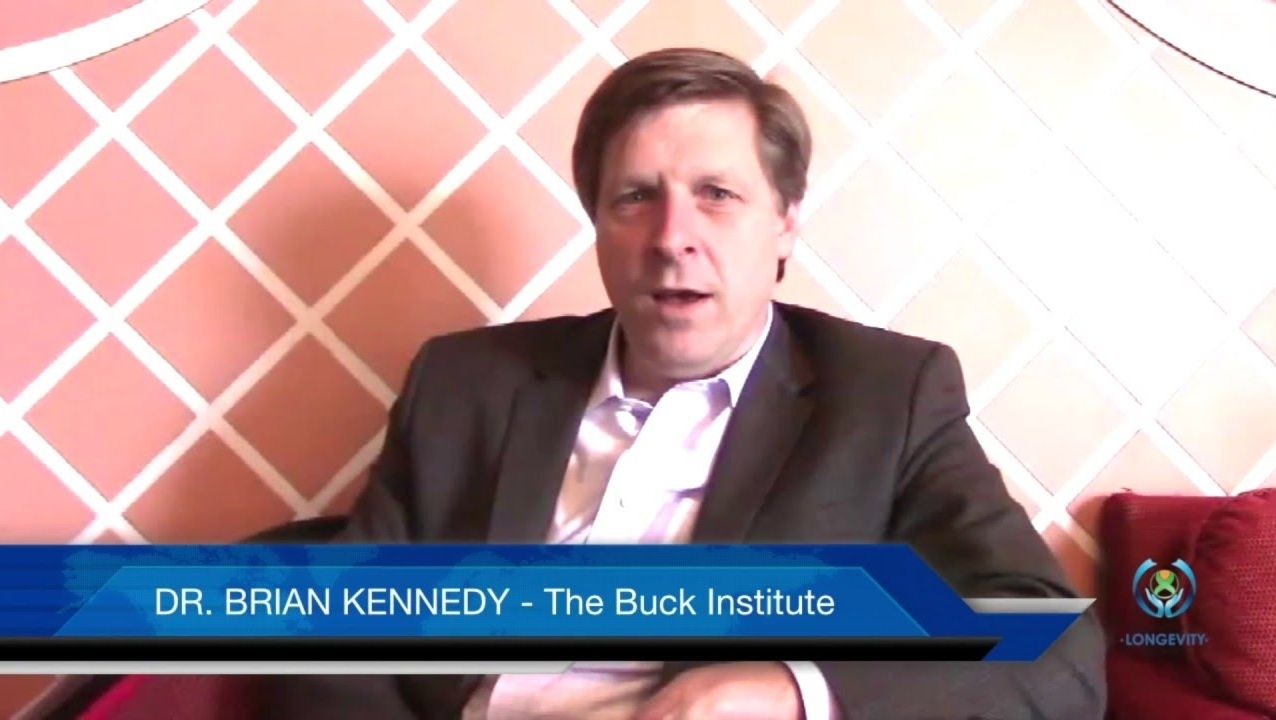If you’ve ever seen a “recommended item” on eBay or Amazon that was just what you were looking for (or maybe didn’t know you were looking for), it’s likely the suggestion was powered by a recommendation engine. In a recent interview, Co-founder of machine learning startup Delvv, Inc., Raefer Gabriel, said these applications for recommendation engines and collaborative filtering algorithms are just the beginning of a powerful and broad-reaching technology.

Raefer Gabriel, Delvv, Inc.
Gabriel noted that content discovery on services like Netflix, Pandora, and Spotify are most familiar to people because of the way they seem to “speak” to one’s preferences in movies, games, and music. Their relatively narrow focus of entertainment is a common thread that has made them successful as constrained domains. The challenge lies in developing recommendation engines for unbounded domains, like the internet, where there is more or less unlimited information.
“Some of the more unbounded domains, like web content, have struggled a little bit more to make good use of the technology that’s out there. Because there is so much unbounded information, it is hard to represent well, and to match well with other kinds of things people are considering,” Gabriel said. “Most of the collaborative filtering algorithms are built around some kind of matrix factorization technique and they definitely tend to work better if you bound the domain.”
Continue reading “Recommendation Engines Yielding Stronger Predictions into Our Wants and Needs” »


















